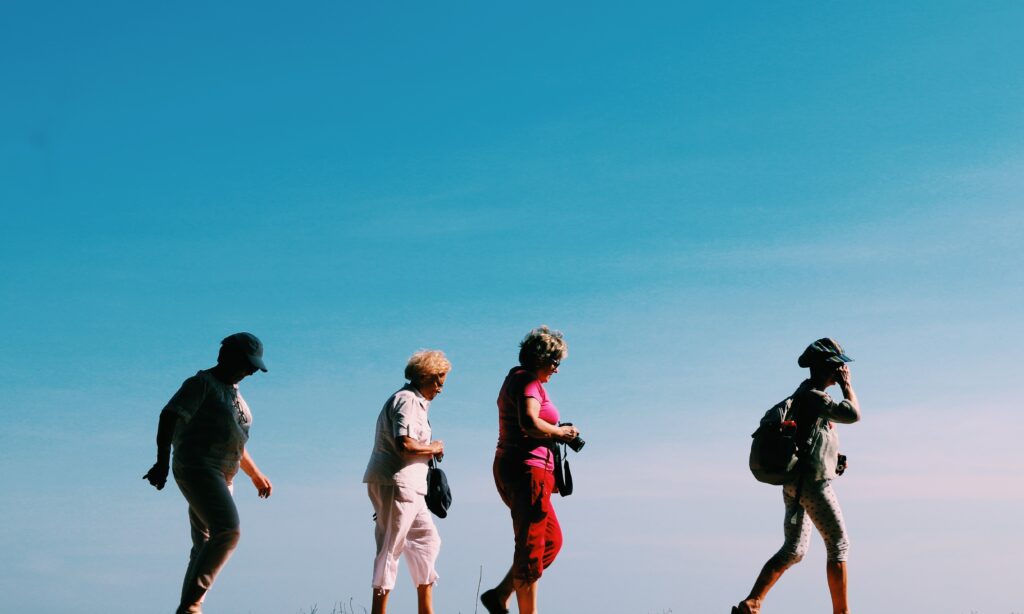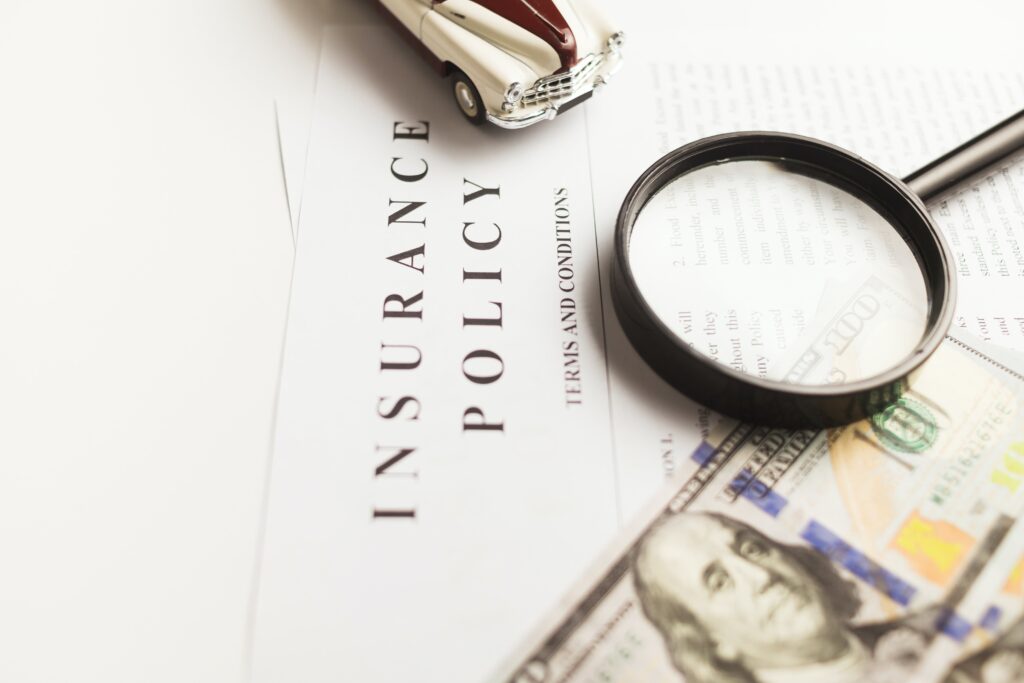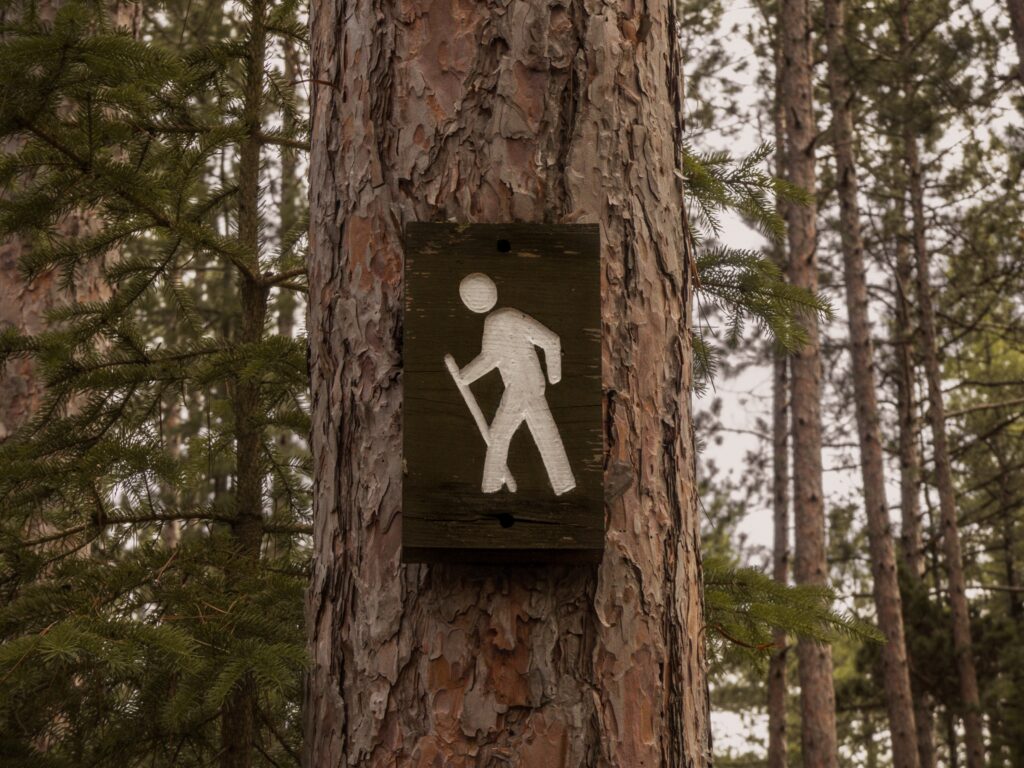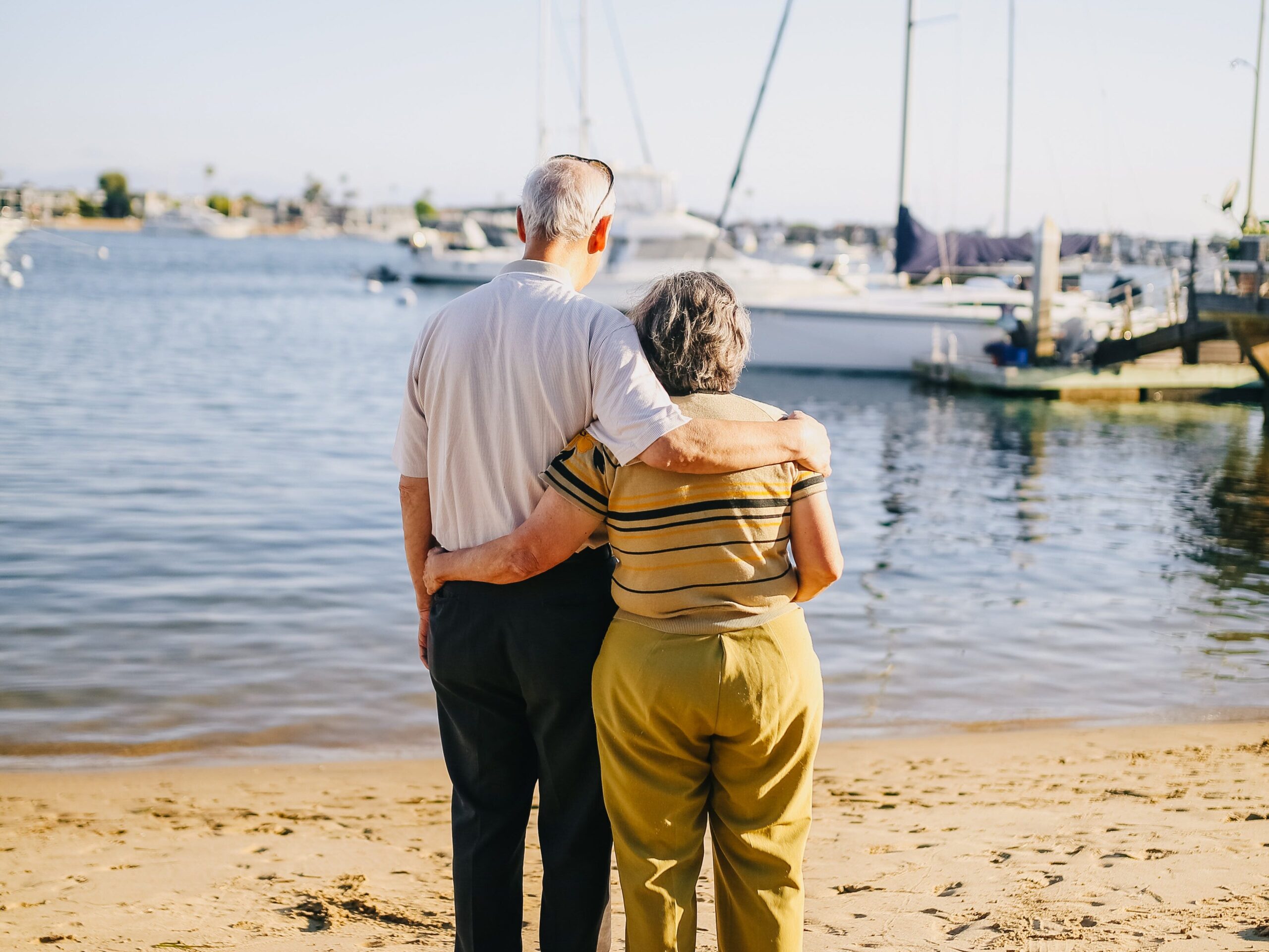
The modern-day seniors travel actively and are keen on exploring new horizons. However, given the unique challenges they may encounter, travel safety comes to the forefront. Whether embarking on a solo expedition or joining a group tour, ensuring safety is paramount to fostering a sense of security and peace of mind.
This article provides a short guide to enhancing travel safety for seniors. Through prudent preparation and the right resources, senior travelers can venture confidently, making their journeys safe and enjoyable.
Pre-Trip Health Check-Up
A pre-trip health check-up is vital in ensuring travel safety for seniors. Here’s a streamlined approach:
- Early Consultation. Schedule a medical consultation at least a month before traveling to receive vaccinations, medications, and health advice tailored to the travel destination.
- Addressing Health Concerns. Discuss any existing health conditions, recent surgeries, or other concerns with the doctor to receive appropriate guidance for managing health during the trip.
- Vaccinations And Medications. Ensure you have adequate supplies of prescribed and over-the-counter medications for the trip. Consult with the healthcare provider on required vaccinations based on the destination.
- Open Communication. Use the pre-trip check-up as an opportunity to have a candid discussion with the healthcare provider about any health concerns and receive advice on managing health while traveling.
This proactive health preparation paves the way for a safe journey and provides peace of mind, enhancing the overall travel experience for seniors.
Travel Insurance

Travel insurance emerges as a pivotal aspect of travel safety for seniors, providing a cushion against unforeseen adversities that may disrupt travel plans. Typically, the average cost of travel insurance for seniors per trip revolves around $35 to $200.
For retirees or seniors with a penchant for frequent travel, an annual travel insurance policy could be a cost-effective choice, covering all trips and travel emergencies throughout the year. However, posing the right queries before purchasing the policy is vital to ensure it aligns with individual needs.
When selecting a plan, leveraging aggregator websites like SquareMouth and InsureMyTrip.com to compare different insurance plans is a savvy move. It’s essential to delve into the specifics of what each plan covers and its exclusions to cherry-pick the one that best suits the travel needs.
Accommodation Safety
Selecting suitable accommodations, particularly those with good accessibility features, is essential, especially for seniors with mobility challenges. It’s wise to request and reserve elderly accommodations catering to senior travelers’ unique needs.
While staying at hotels or other lodgings, personal vigilance is crucial. Simple measures like securely storing valuable belongings and being cautious in interactions can significantly enhance safety. But when it comes to physical security, with DoorJammer you don’t even have to worry about the locks being strong.
DoorJammer never trips over surfaces, withstands 1,000 pounds of direct force, and can easily protect elderly travelers. It creates a robust physical barrier and ensures safety, which will become handy if the person has mobility issues or other health problems.
Mobility Aids

Mobility aids facilitate movement for seniors during travel. Portable aids, which can fit in a suitcase or be shipped to the destination, provide a practical solution for more accessible travel. Mobility scooters, like the Vive’s long-range, 4-wheel scooter, navigate various surfaces and provide up to 15.5 miles per charge, making it easier to explore.
Mobility scooters operate similarly to motorcycles, offering an alternative to wheelchairs, especially for seniors with limited arm and shoulder movement. They come in various designs, catering to specific needs, and provide a controlled way to move forward and backward. Other options include walking assistive devices, wheelchairs, walking sticks, and canes that provide support stability and help prevent falls.
Personal Emergency Response Systems (PERS)
Personal Emergency Response Systems (PERS) are medical alert systems that summon help during emergencies. Usually worn as a necklace or bracelet, these systems connect to a 24/7 monitoring center, allowing the user to signal for help by pushing a button or through automatic detection like fall detection. Once activated, the center assesses the situation and dispatches emergency services if needed.
GPS-based PERS devices are helpful for active seniors or those who may experience emergencies outside, as they use global positioning technology to identify the user’s location during an emergency.
Conclusion

Travel safety for seniors is a multifaceted endeavor that involves pre-trip health check-ups, travel insurance, accommodation safety, mobility aids, and PERS systems. Each element is crucial in ensuring a secure and enjoyable travel experience.
Seniors can confidently navigate the globe by meticulously planning and investing in the right resources. And with devices like DoorJammer available on the market, they have nothing to worry about on their travels. With a little bit of planning and foresight, there’s no obstacle that can’t be overcome!